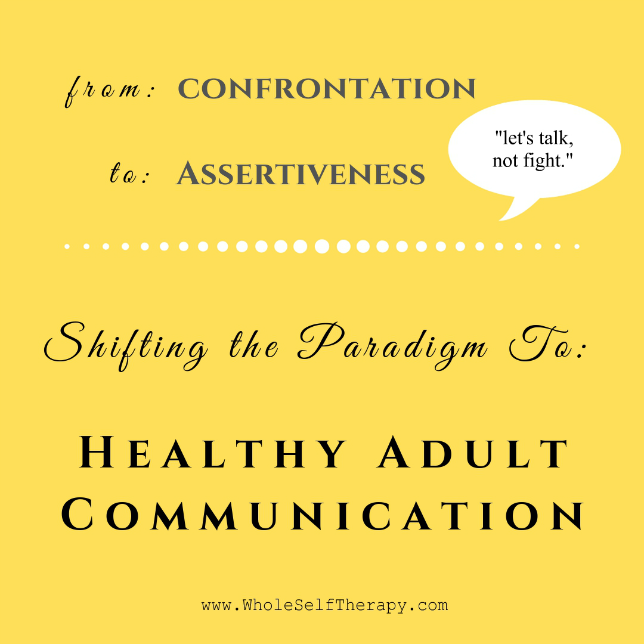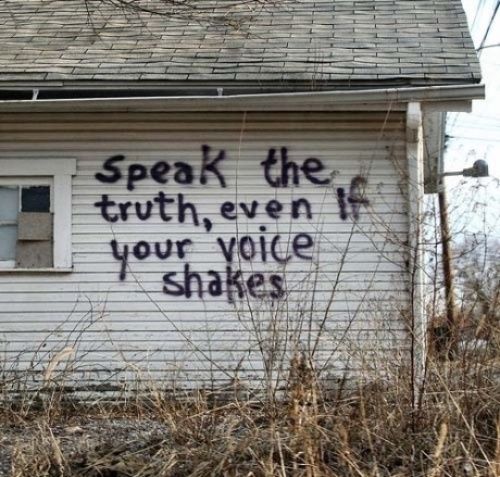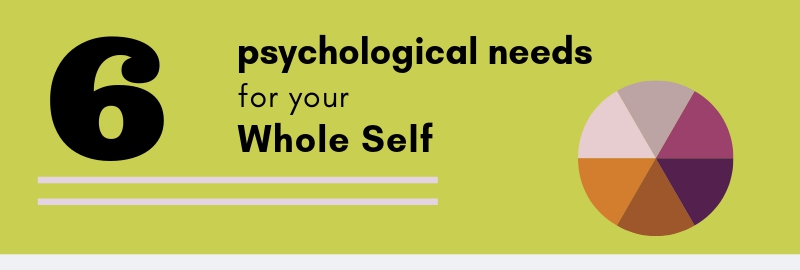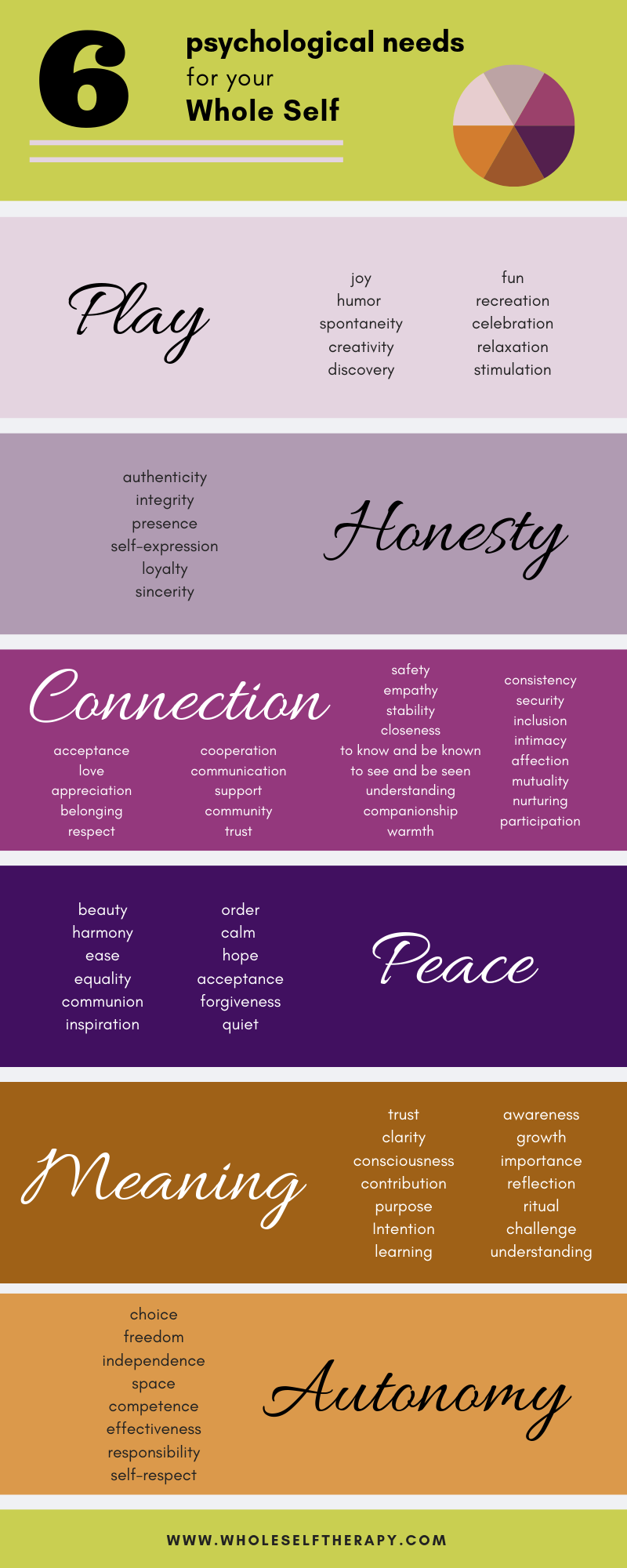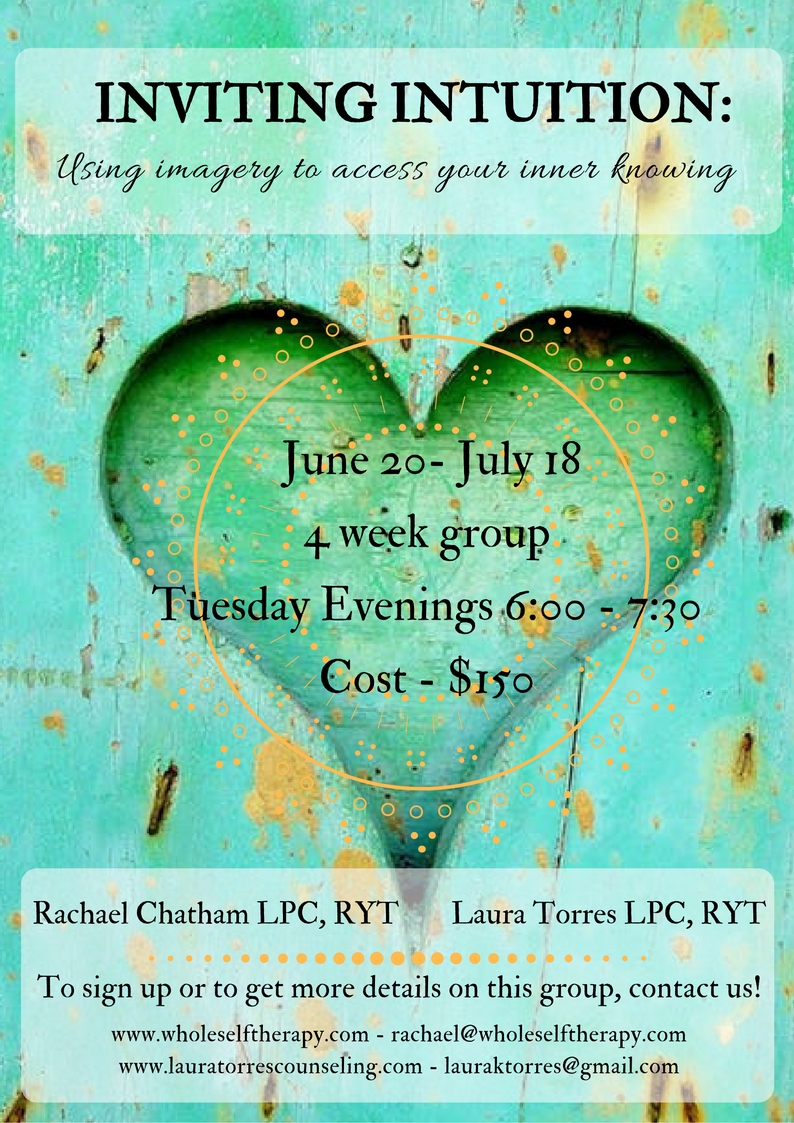
Therapy for Trust Issues
This week I’ve been thinking a lot about trust. How trust is forged in relationships, and how it is broken. Because I offer therapy for trust issues and have gotten to explore this phenomenon with many people, here are some thoughts on how this issue forms, and what we can do about it.
Root causes of trust issues
Some of us struggle with mistrust due to profound betrayals from important people in our early lives. When we were just children, we had no choice but to trust.
If you suffered from abuse or neglect during that time, trust can easily become a lifelong struggle. It can undermine efforts toward any and every kind of relationship from friendship to collegial relationships, particularly with intimacy and romantic partners.
Without intervention, including working to heal the broken trust and the schema, or pattern of beliefs and behaviors that perpetuate the anticipation of more betrayals, the cycle can continue throughout a lifetime.
Here we go again, we might think. Another new person, another opportunity to get screwed.
Is it fixable?
Once trust is ruptured in a relationship, it can often be repaired, but only if both people are not caught in the trap of the mistrust schema. If you’re mistrusting and your chief coping mechanism is avoidance, you’ll likely throw the relationship out altogether.
Having the point proven, yet again, that “people can’t be trusted,” it can sometimes feel easier to simply move along and leave the pain of the most recent deception behind.
Alternatively, staying in the relationship and working toward repairing the damage is often arduous and painful. It can be a winding road of fear and resentment, anger and hurt. It can often feel like two steps forward and one step back.
We want the pain to go away and the trust to rebuild as quickly as it was broken. But that’s really impossible. What was once one solid ground of trust is now shattered into not one, but many pieces, each requiring the healing salves of time, care, patience, understanding, and the processing of painful emotions.
Mistrust is one of 18 schemas, or belief systems that underlie our behavior. Learn more about schemas here.
So why do we break trust?
If it’s all so bad and hard, why do we do it?
I imagine we’ve all had times when we’ve broken someone’s trust.
When I was younger I broke trust because I had yet to learn my own limits and over-promised, but couldn’t deliver the commitment that I’d made.
At other times, circumstances out of my control have impacted my ability to keep my word. You know, like traffic!
Ultimately, I think we’re all in some process of trust. Wherever you are in your life, you’re either building it, maintaining it, breaking it, or repairing it.
As interconnected beings, we simply don’t have the option to toss out the concept altogether and choose to live a life without it.
If you’re struggling with trust in your relationships and would like to explore this belief system for yourself, drop me a line.


